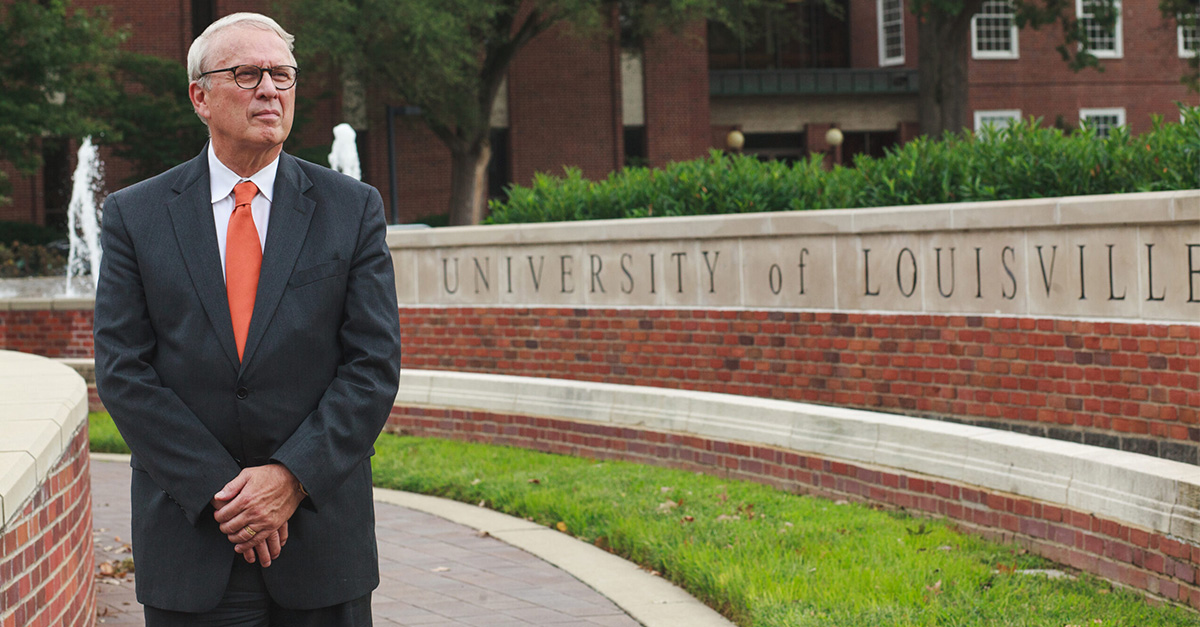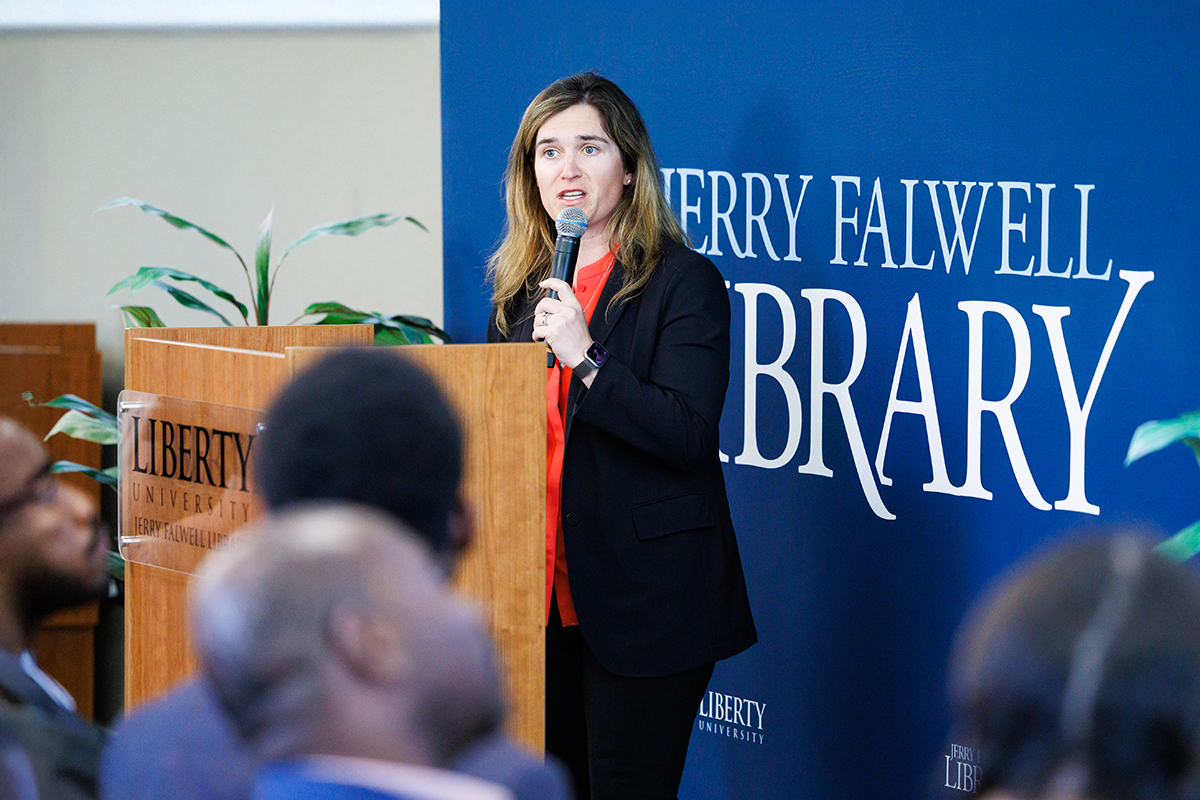


Get a free copy of Parental Rights & Education when you subscribe to our newsletter!

“…life-tenured judges construing a difficult-to-amend Constitution should be humble and careful about announcing new substantive due process or equal protection rights that limit accountable elected officials from sorting out these medical, social, and policy challenges.”
–CHIEF JUDGE JEFFERY SUTTON
Tennessee and Kentucky’s bans on child mutilation may now go into effect following a decision by the 6th Circuit U.S. Court of Appeals, with many speculating the issue of transgender experimental treatments could soon be before the Supreme Court.
The court’s opinion, authored by Chief Judge Jeffery Sutton, reads,
“When the Constitution is neutral about an issue, legislatures have considerable discretion to regulate the matter. In that setting, the key premise of a democracy prevails—that the people’s electoral representatives will identify the strengths and weaknesses of any policy and presumptively be allowed to enact it, the antidote for mistakes being the passage of time and the good sense and self-interest of election-tenured public officials to fix them.”
Further on, he wrote,
“This country does not have a ‘deeply rooted’ tradition of preventing governments from regulating the medical profession in general or certain treatments in particular, whether for adults or their children. Quite to the contrary in fact. State and federal governments have long played a critical role in regulating health and welfare, which explains why their efforts receive ‘a strong presumption of validity.’”
The court ruled that these experimental operations were far from “settled science” and that the legislatures, far from acting in a discriminatory manner, were acting in what they believed was the best interest of children. The court stated,
“Kentucky and Tennessee offered considerable evidence about the risks of these treatments and the flaws in existing research. Administering puberty blockers to prevent pubertal development can cause diminished bone density, infertility, and sexual dysfunction. Introducing high doses of testosterone to female minors increases the risk of erythrocytosis, myocardial infarction, liver dysfunction, coronary artery disease, cerebrovascular disease, hypertension, and breast and uterine cancer. And giving young males high amounts of estrogen can cause sexual dysfunction and increases the risk of macroprolactinoma, coronary artery disease, cerebrovascular disease, cholelithiasis, and hypertriglyceridemia.”
The court refused to concede that simply because some medical associations currently favor the unproven prescribe- and cut-first interventions that legislatures should not be able to ban them. “What is it in the Constitution, moreover, that entitles experts in a given field to overrule the wishes of elected representatives and their constituents? Is this true in other areas of constitutional law?” the court asked.
The 6th Circuit also refused to interject itself into the decision-making process, saying that these are issues that should be left not to a court of life-appointed judges but to the democratically elected and accountable legislators.
They concluded:
“This is a relatively new diagnosis with ever-shifting approaches to care over the last decade or two. Under these circumstances, it is difficult for anyone to be sure about predicting the long-term consequences of abandoning age limits of any sort for these treatments. That is precisely the kind of situation in which life-tenured judges construing a difficult-to-amend Constitution should be humble and careful about announcing new substantive due process or equal protection rights that limit accountable elected officials from sorting out these medical, social, and policy challenges.”
Journalist Matt Walsh, who was instrumental in the authoring of the Tennessee law following his investigation showing that surgeries were being performed on minors at Vanderbilt Medical Center gender clinic, celebrated the ruling, posting, “This is huge. Our ban on child mutilation has been upheld. When we passed the bill, trans activists gloated that they would easily get it overturned in court. Who’s gloating now you child butchering ghouls?”
Despite the 6th Circuit’s belief that decisions on child mutilations and medical treatments should be left to state legislators, the issue will likely make its way to the Supreme Court as the issue has resulted in differing court decisions affecting various state laws. Federal district courts in Florida, Georgia, and Indiana have blocked such laws, for example, while this past Wednesday, a state judge put a temporary injunction on Montana’s ban on transgender surgeries for minors.
Meanwhile at the appellate level, a three-judge panel for the 11th Circuit overturned an injunction against Alabama’s law restricting transgender experimental procedures, while in 2022, the 8th Circuit ruled that Arkansas’s law was unconstitutional. In the latter case, the judges said that the law banning transgender treatments in children violated the Supreme Court’s decision in Bostock v. Clayton County because it “prohibits medical care that only transgender people choose to undergo.”
However as the 6th Circuit reasoned in its ruling, the Supreme Court clearly stated that Bostock only applied to employment issues under Title VII of the Civil Rights Act and does not extend to other issues.

This was a very well-reasoned ruling, rather than an emotional one, as has been the case with so many judges and legislative members. The court had a firm grasp on the history and ever-changing state of the approach to transgender treatments. Judges who attempt to contort the law or prior rulings in order to somehow claim that these laws discriminate against transgender children are allowing themselves to be used as pawns of the transgender movement rather than upholders of our federalist republic.
The supposed right to mutilate children will almost certainly reach the Supreme Court, where it will hopefully rule that states have the constitutional authority to regulate and restrict medical practices, as it did with Dobbs v. Jackson and abortion procedures. In both situations, states that enact bans or restrictions are seeking to protect children from harm.
As the Sixth Circuit explained in so many words, state legislatures has a constitutional right to engage, deliberate, and pass laws that ensure the health and safety of its residents. But as the Bible clearly states, governments also have a moral responsibility to restrain evil — and what could be more evil than allowing medical practitioners to subject children to mutilation, harm, and death?
The Church must be involved in public discourse and influence. That’s why we write — so our readers can be equipped to understand and pursue righteous change in the world. For more timely, informative, and faith-based content, subscribe to the Standing for Freedom Center newsletter.



Notifications